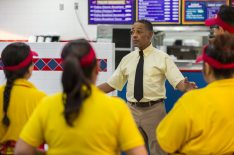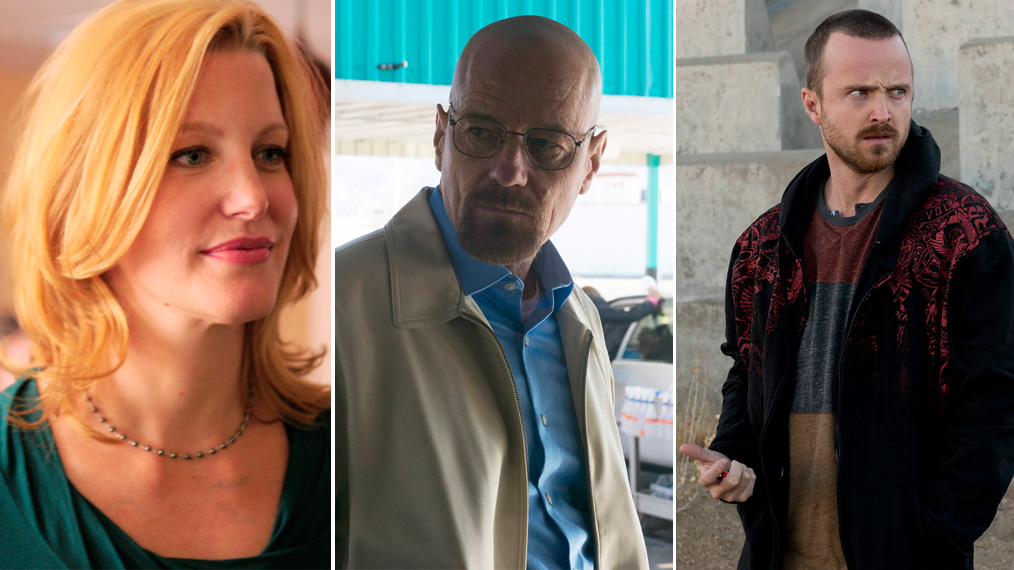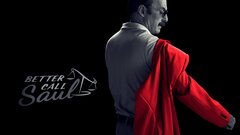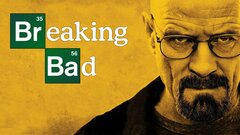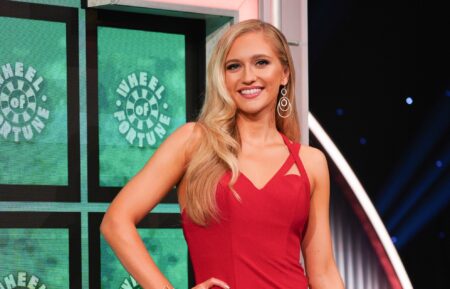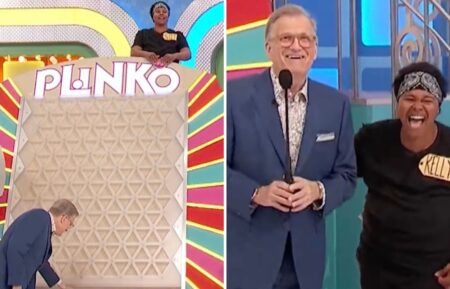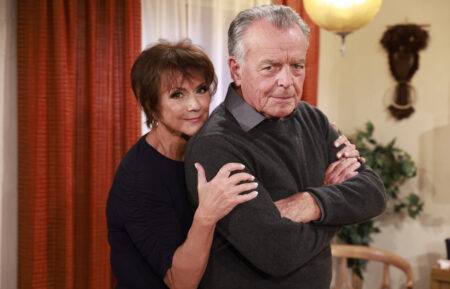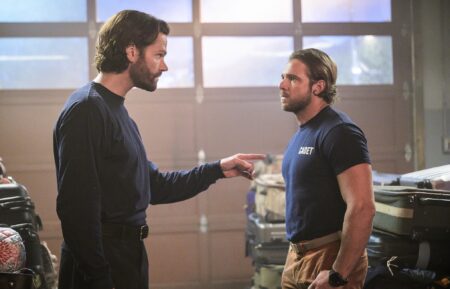‘Better Call Saul’: Michael Mando Reveals ‘The Most Difficult Scene I Had to Shoot So Far’
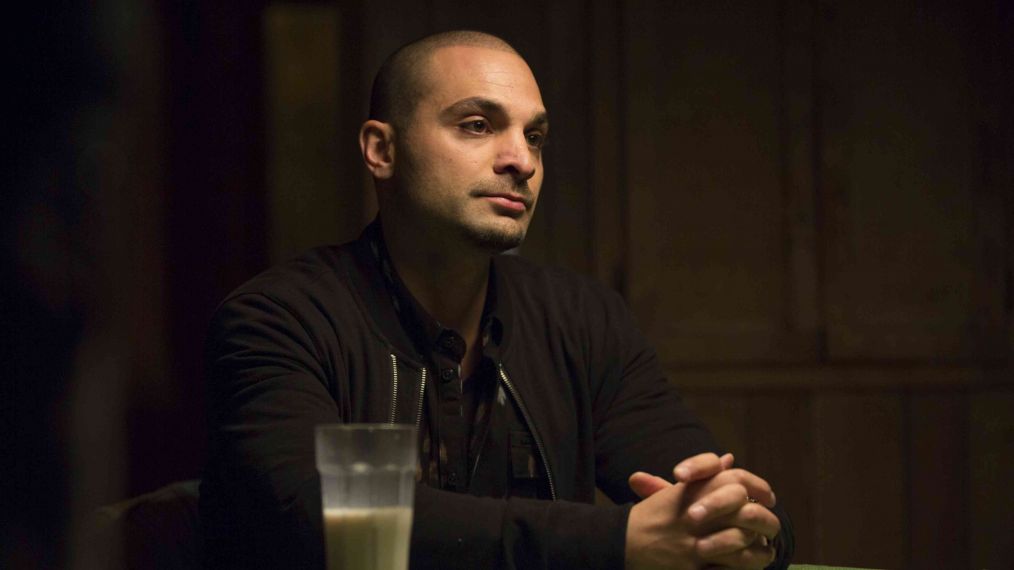
Spoiler Alert
[Spoiler Alert: Do not read the interview below unless you have watched “Fall,” the June 12 episode of Better Call Saul. Major plot points discussed.]
One of the pleasures of the current third season of AMC’s Better Call Saul is the slowly merging worlds that we know so well from its predecessor, Breaking Bad, and the prequel’s own storyline.
Gus Fring (Giancarlo Esposito) is a regular part of the world now, but let’s not forget the equally captivating stories swirling as we inch closer to next week’s season finale. We’re seeing new twists in the stories with Kim (Rhea Seehorn), Howard (Patrick Fabian) and Chuck (Michael McKean), while, of course, the evolution of Jimmy McGill (Bob Odenkirk) into Saul Goodman continues.
And last, but never least, is Ignacio “Nacho” Varga (Michael Mando), whose layers have been peeled back much more this season as he gets more entrenched in the crime world of Hector Salamanco (Mark Margolis) and starts to make some big choices (like swapping out Hector’s medication with less-than-healthy pills) all the while having to still be a son to his father (Manuel Varga). And, in Monday’s episode, “Fall,” we saw much of those story points play out as Nacho quietly watched (or waited) as the repercussions around him began to play out.
TV Insider talked to Mando about Monday’s episode and how he would describe the June 19 season finale.
Backing up to last week’s episode, seeing Nacho try to master dropping the “new” pills in Hector’s pocket, were you feeling some of Nacho’s tension just having to film that?
Michael Mando: I had the chance to drill that whole sequence in rehearsal prior to filming, which relieved some of the nerves. But nothing can prepare you for the real thing. It was terrifying—when the pressure is on you really get to know what you’re made of. That was a fourth-quarter buzzer-beater with your life on the line; I was relieved and happy to discover he has what it takes to make the shot.
Overall, Nacho isn’t a cold-blooded criminal. How challenging has it been to show some of his humanity as he’s working with Hector and having to do things he probably wishes he didn’t have to?
This year we have the chance to see the world through his eyes, and I’ve fallen in love with the character. His nobility and humanity constantly surprise and challenge me. The dichotomy of good and evil is at war in this man’s conscience, and the deeper I dive into his psyche the more I come out with greater self discovery… and, strangely, a sense of peace, because ultimately—despite his environment or his choices as a youth—I found out that he is made of Light.
In “Fall,” we saw Nacho have to tell his father about Hector Salamanca. How hard was that for Nacho, considering his closeness to his father?
That was the most difficult scene I had to shoot so far. The props department had put up real pictures of me as a child, as well as pictures of Juan Carlos Cantu [who plays Manuel Varga]… it felt very personal. The harder I tried be strong, the more I would break down in tears. There comes a time when the son becomes the father’s keeper—and to have to strong-arm your dad into submission was devastating. Ultimately, I embraced this ritualistic moment and accepted that it simply was dysfunctional. I’m happy we pulled it off without seeing him break down externally. It felt like the final threshold into adulthood.
Nacho says he’s working with them “again”…so did he leave working with them before, or was it that he just told his father that he had?
That’s a great question, and we’ll have to wait to find out. He is so atypical of the gangster archetype, so I would chose option one. He does not like to exercise unnecessary power over others, doesn’t buy into ego wars and was raised by a father who is morally sound. I wouldn’t be surprised if he genuinely tried to get out of the drug game in the past but was pulled back.
How tough was it for Nacho to have his father tell him to get out of his house?
Going into this, Nacho knew that there was no other way for this conversation to end—even though it still pained him to hear it. What breaks my heart is that despite the circumstances, he quietly places his chair back, brings his glass to the sink and pours out the milk. It’s a sign of affection and respect that says: “I’m taking control of deck, but I will always be my father’s son.”
RELATED: Sign Up For TV Insider’s Better Call Saul Newsletter
What is keeping Nacho so committed to Hector? Is it just knowing what would happen if he tried to leave?
Quitting the cartel is almost more deadly than staying. However, I believe he would still have split town if it weren’t for his father being attached to his shop and the home he has made. Nacho would obviously never allow anything to happen to his family, and so he stays as a buffer, putting himself in the line of fire.
Everyone’s stories are really coming to a head as we move to the season finale. What are three words to describe the finale?
Do or die.
Better Call Saul, Monday, 10/9c, AMC.

